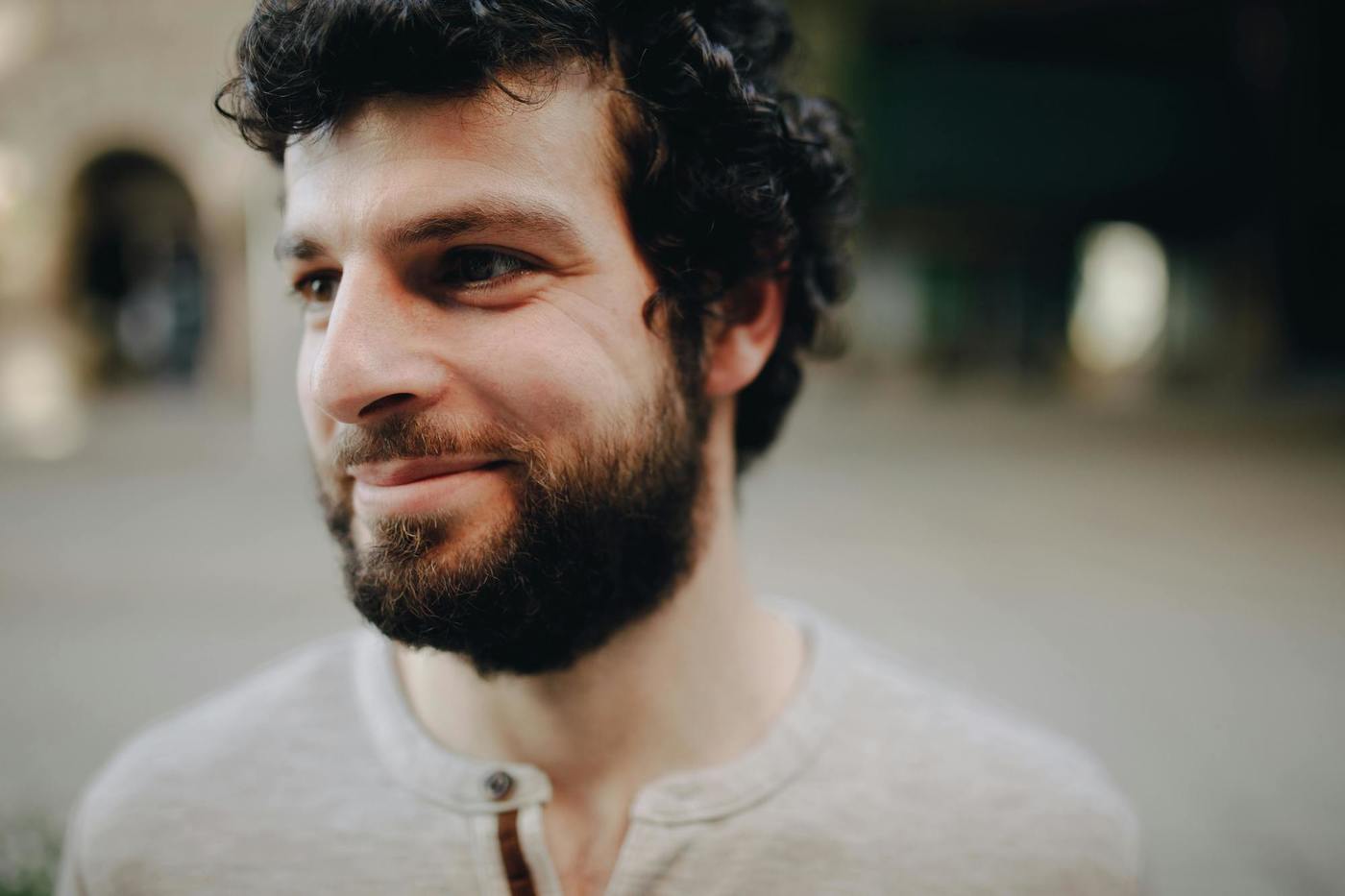When we think of trauma, we often think of extreme experiences of life or death. War, combat, sexual assault, physical abuse are the examples that come easily to mind. This definition of trauma is reflected in the Diagnostic and Statistical Manual of Mental Disorders (DSM), which is the book that mental health providers refer to when identifying and diagnosing Posttraumatic Stress Disorder (PTSD). The first criteria for the diagnosis of PTSD is direct or indirect exposure to "death, threatened death, actual or threatened serious injury, or actual or threatened sexual violence."
In this post, I want to expand the definition of trauma to include experiences of childhood emotional neglect, which are often invisible, difficult to identify and describe, and overlooked. Many of us may have grown up with these experiences and yet never know anything was wrong in our childhood or that these experiences continue to negatively impact our lives now. We may never call these experiences "traumatic" and therefore never work toward healing.
Child Emotional Neglect
Childhood emotional neglect as trauma is not yet a widely acknowledged topic in the world of psychology or in pop culture. In fact, when I did a search on the existing research articles and books on this topic, there are only a handful that have ever been written on emotional neglect separate from physical, emotional, or sexual abuse. As mentioned in a previous blog post, Dr. Jonice Webb has published some of the most helpful blog posts and books on this topic. Her work is so important because it is rare. I believe it is important to label childhood emotional neglect as trauma because I see how it has impacted myself and my clients in similar ways to other experiences of trauma. Like other experiences of trauma, emotional neglect is hard for a child to make sense of and it is beyond their capacity to cope with it.
How Can This Type of Childhood Trauma Occur?
When parents or caregivers were not present with their child and able tune into their world, the child may experience emotions of loneliness, anger, sadness, fear, and guilt, which can become frozen in their bodies. When a child did not feel safe or loved in their family, even if their physical needs were provided for, they may experience symptoms similar to those of PTSD: have difficulties remembering details about their childhood, have negative views of themselves and the world, blame themselves for their difficulties, feel distant and detached from others, feel persistent negative emotions (i.e. depression), and have difficulties experiencing positive emotions. These difficulties can follow them into adulthood.
Consider Reading More:
How Is Childhood Emotional Neglect Different?
Unlike other experiences of acute trauma, childhood emotional neglect is much more chronic and subtle. Emotional neglect is the family culture and the very air that the child breathes. It is difficult to identify what you missed if you never knew that a different life was possible. I believe that at a deep level of a child's mind, childhood emotional neglect feels just as life-threatening as other forms of trauma such as physical, emotional, or sexual abuse.
Does This Sound Like You?
As a child, when you looked into your parent's eyes and did not see recognition, acceptance, or love, it may have felt as if your survival was at stake. You may have done what ever you could to win your parent's attention, affection, and love back. Sometimes that meant being the "golden child" and sometimes that meant being the "black sheep." And when all else failed, you may have shut down your need for love and affection altogether. You may have told yourself that you need to be fiercely independent and that dependency is weakness. This may lead to struggles in adulthood that I outlined in a previous blog post about childhood emotional neglect.

PTSD Symptoms are Similar
These struggles also align with some of the symptoms of PTSD:
- irritability or aggressive behavior,
- impulsive or self-destructive behavior,
- feeling on-guard or constantly anxious,
- difficulty concentrating,
- distant relationships with family members,
- difficulty establishing healthy friendships or romantic relationships
These symptoms, left unaddressed, can last a life time and be passed down across generations. Do you identify with some of the symptoms of childhood emotional neglect? Have you considered it as trauma before? Tell me more in the comment section below.
Counseling in the Ballard Neighborhood of Seattle, WA
Are you ready to work with a therapist to address your experiences of childhood emotional neglect and heal from this past trauma? I am a trained counseling psychologist and our clinicians help individuals and couples in Seattle area with a wide range of mental health concerns. You can schedule a free 15-minute phone consultation or contact us for more information.







